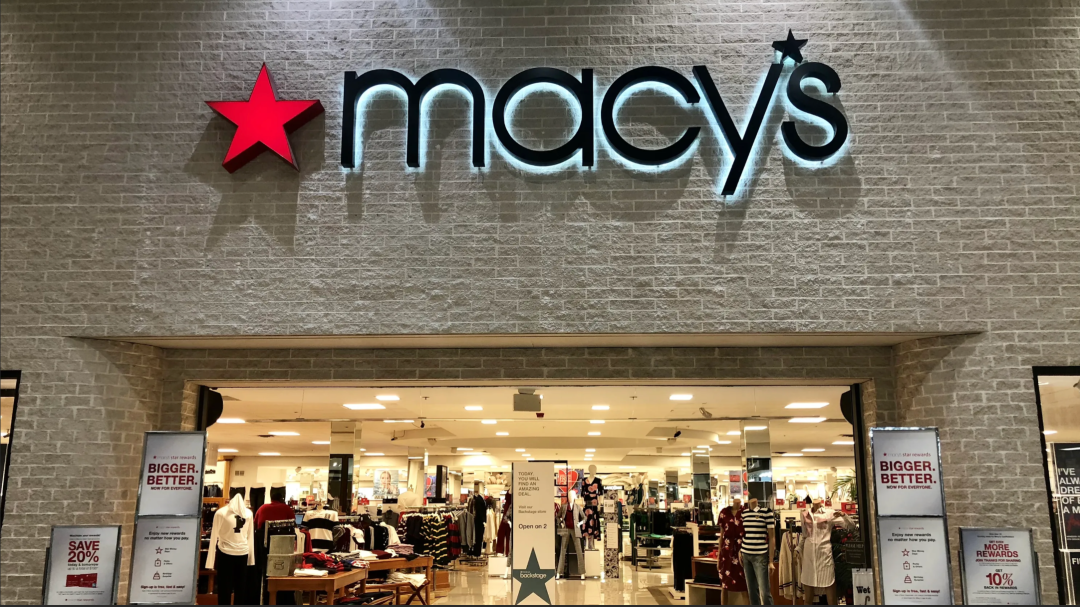The recent performance of the U.S. retail industry is worrying, with from operating topics to selling flat-price goods hit by a decline in performance. According to Tupper Global data, as of November 2023, consumer retail companies ranked first on the U.S. bankruptcy list with a total of 76 bankruptcy applications, including retail giants such as Bed Bath & Beyond.

Debtwire’s Global Data Manager, Corey, predicts that the retail industry will become a hot spot in the bankruptcy sector next year. Analysts also expect a rebound in mergers in 2024, as many companies are reluctant to face the risk of bankruptcy.
The performance pressure faced by U.S. retailers is visible. Take the “1$ store” as an example, the profitability of such stores is declining. Dollar General’s latest revenue report shows that while operating revenue grew by 2.4% to $6.940.8 million, net profit fell by 47% to just $26.24 million. Similarly, Dollar Tree’s revenue report also showed a similar trend, revenue grew by 5.4% but net profit fell by 21%.
In terms of retailers, companies such as Macys are facing greater transformation pressures. Investment agencies have proposed a $5.8 billion acquisition proposal for Macys store, urging the company to sell its own real estate and rent it back. While this practice may bring short-term profits to investors, it may also bring a continuous rental payment burden to retailers, reducing their ability to adapt to market changes.
According to GlobalData’s Chief Executive Officer, Sanders, the retail business has been performing poorly over the years. Net sales in the first nine months of this year amounted to $149,7 billion, down by 7.7 percent compared to $162,2 billion in the same period of 2019, and profits decreased by 22 percent. Similarly, shops such as Kohl’s, J.C. Penney, Saks Fifth Avenue and Neiman Marcus also face similar difficulties.

In this context, many retailers may consider transforming parts of the store into commercial properties or renting back after sale to cope with growing business pressures. Messie Store has already sold some of its stores, such as one of its stores in San Francisco, and has partnered with real estate companies to create value in other stores. The company also plans to build an office building in New York’s flagship store area, which may be to ease financial pressures.
Overall, the future of the U.S. retail industry is challenging. Continuing weak performance coupled with increased bankruptcy risks force retailers to seek new business models and transformation strategies.


 Follow customer service WeChat
Follow customer service WeChat